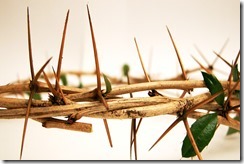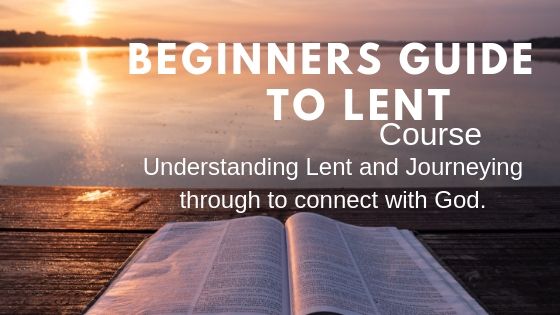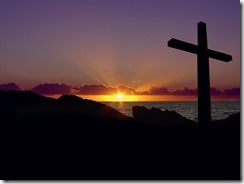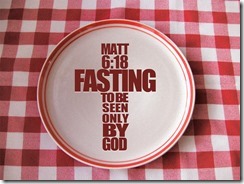 When Easter weekend comes do you just find yourself running from one activity to the next? For many followers of Jesus Easter weekend can sneak up on you.
When Easter weekend comes do you just find yourself running from one activity to the next? For many followers of Jesus Easter weekend can sneak up on you.
Easter weekend and Holy week can serve as a pause in the rhythm of life to be still and know God. For many it is just a weekend with extra activity and no intentionality
What if you intentionally choose to pause everything going on around you? What if you choose to be intentional with how you use your time this Easter weekend? What would change?
What if you choose to evaluate the activities over Holy week or Easter weekend in order to “seek first his kingdom?”
What would change?
In one of the stories in the gospel we find Martha running around doing lots of good things. We also find Mary sitting at the feet of Jesus, also a good thing. However in that moment Jesus says Mary is in the right. (Luke 10:38-42)
Easter weekend is one of those times to sit at Jesus’ feet and be in awe. Easter weekend is one of those times to invite others to come and watch. Yes that last part means some work is needed. Therefore you will need a simple plan.
If you want to get the most out of your experience this Easter weekend, you need to be intentional.
Who are you going to spend your time with? What do you want to get out of the weekend?
What do you want to be the driving values for the weekend?
Create a plan for the weekend and put space in to just sit at the feet of Jesus. If you want to get the most out of your Easter Weekend experience, be intentional with your time.
For some you will be serving this weekend. Do not forget you will be a part of the link in the chain in helping others take steps closer to Jesus. Embrace that opportunity.
Our faith is lived out in community. Are you hosting a meal? Involve those who will be part of it. If you have children, having them help prepare the house or dinner can provide opportunity for great conversations around faith and life. Are you hosting an Easter Dinner? Consider inviting single adults. Consider inviting people you know are not traveling or able to see family.
How can you be intentional with your time this Easter weekend?
Easter Weekend – Some more ideas
Consider inviting non-believers into your activities to let them experience the body of Christ and build relationships.
Consider reading through one of the gospels in the bible as a whole in one or two sittings.
This can provide a fresh view of Jesus. As you read, pray “Lord speak, your servant is listening.” Make sure you are listening for the nudges of the Spirit as you read. When you finish ask: What is one theme that stands out? Why do I need to know that?
Consider Good Friday or Maundy Thursday attending a different church tradition.
The point here is to see a different perspective of Jesus. Sometimes we become so accustomed to our traditions, it is good to shake it up. As you go be respectful and full of grace and go to listen for Jesus.
When you gather with your community gather with the expectation of celebrating, serving, and open your heart to hear from Jesus. The weekend is not about adding to our life, but pausing to celebrate. Pausing to remember who God is and who we are. How can you make it a celebration?
To get more out of your Easter weekend experience be intentional.



